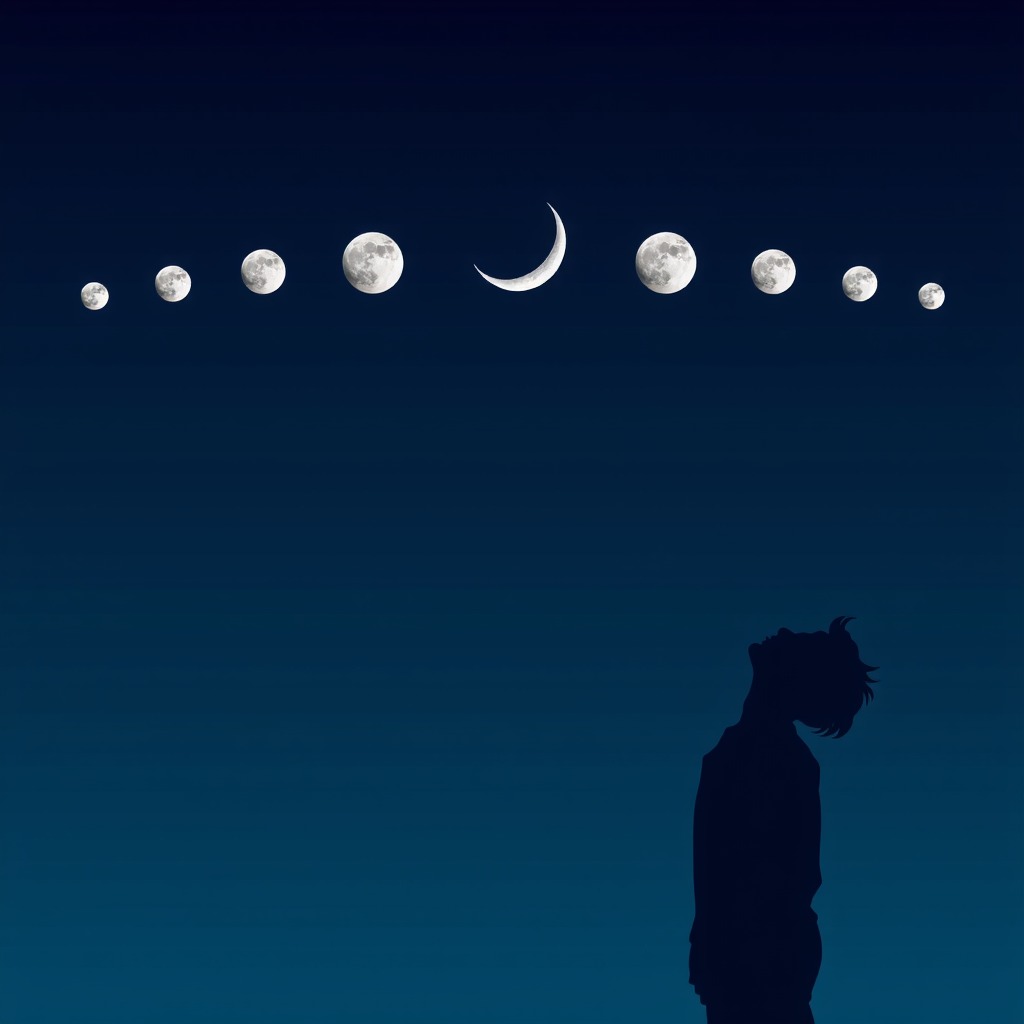
Mental Health and Homelessness: A Personal Journey Through Life's Invisible Battles
Understanding Depression, Trauma, and the Power of Human Connection
Hey there, friends,
I want to tell you about a journey through mental health struggles and homelessness – a story that might make us uncomfortable, but one that needs to be shared. It's about the silent battles many face with depression, trauma, and social isolation – battles that cut deeper than any physical wound, yet often go unseen beneath the surface of everyday life.
Picture this: Someone sitting on East Bush Boulevard, pouring thoughts into a phone app, searching for words to capture what it means to be "homeless and hopeless." These aren't just words on a GoFundMe page; they're the reality of daily survival. And while being robbed at gunpoint, enduring physical beatings, and facing homelessness are traumatic enough, it's the invisible wounds that cut the deepest – the constant sting of racism, the crushing weight of powerlessness, and the mental health impact of being treated like "human trash."
The Daily Reality of Homelessness and Mental Health Struggles
Imagine trying to maintain your dignity when everything around you screams indignity. When personal hygiene becomes a luxury. When society's judgment follows you like a shadow. Add to that the burden of a criminal history, the weight of depression and anxiety, and the chains of addiction – it's a wonder anyone finds the strength to keep going.
Breaking the Silence: Mental Health Awareness and Social Change
What started as a simple voice recording became something more profound – an attempt to bridge the gap between those who live with mental illness and homelessness and those who might never understand it. Because understanding is where change begins. It's where hope can take root, even in the most barren soil.
Understanding Clinical Depression Beyond Sadness
But sometimes, hope slips away too. I remember the moment in McDonald's when life itself felt like an unbearable weight. Growing up with a fear of death is one thing; contemplating suicide is another beast entirely. That's when you know you're facing true clinical depression – not just sadness or a bad day, but an abyss that swallows all desire to live.
The Intersection of Trauma, Memory, and Healing
In quiet moments, like standing in the shower thinking about a beloved grandmother, memories and current pain intertwine. They remind us that behind every story of hardship lies a deeper struggle with mental health – one that isn't always visible but is undeniably real.
Moving Forward: Supporting Mental Health and Homelessness Initiatives
So what can we learn from all this? That everyone deserves more than just surviving. They deserve mental health support, understanding, and help getting back onto their feet. The power of empathy isn't just in understanding – it's in action. It's in reaching out to those who feel invisible and helping heal wounds that run deeper than skin.
This is more than just a story; it's a call to action. Because sometimes, your understanding, your compassion, your willingness to help could be the very thing that pulls someone back from the edge of depression and hopelessness.
Until next time,
Your friendly neighborhood storyteller
P.S. If this story about mental health and homelessness resonated with you and you'd like to support more writing like this, you can buy me a coffee at buymeacoffee.com/adontai. Your support helps keep these important conversations about mental health awareness and social change going. Thank you for being part of this journey.

